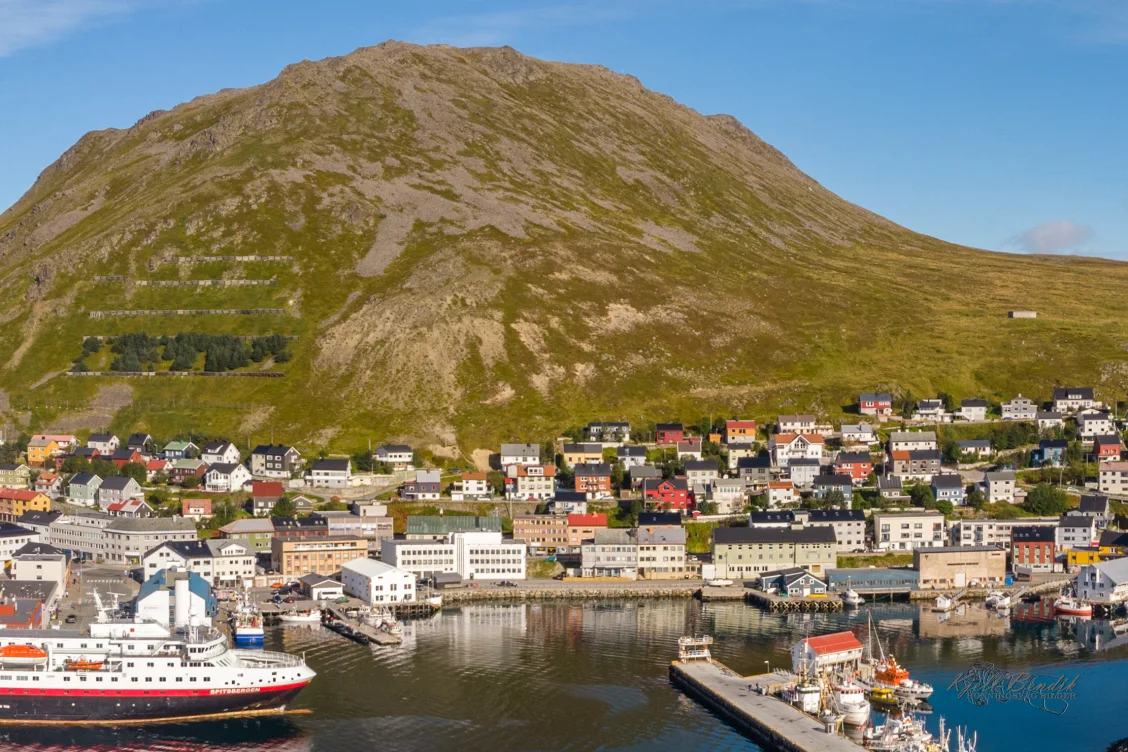Seven New Projects Receive Funding
In the November 2021 application round, we received more applications than ever before. Among the many worthy applications, we have selected seven projects from Svalbard in the high north to Antarctica in the south that will receive a total of 500 000 NOK in grants before Christmas. The projects supported not only represent a broad geographic diversity but a thematic variety as well.
We are supporting the research on killer whales in the US and Canada, the study of marine mammals in Antarctica, protection of the endangered Petrel in the Galapagos, recording the stories of the elders in Cambridge Bay, building a path to the Storfjellet mountain close to the North Cape, the writing of a new book on climate research and a children’s education project in Salta and Ushuaia in Argentina.
The recipients are:
Fundación de Conservación Jocotoco in Ecuador for the protection of the critically endangered Galapagos Petrel in the Galapagos.
The Galapagos Archipelago is recognized by UNESCO for its biodiversity and endemism. Biodiversity is threatened by invasive species that can cause the extinction of endemic species on the islands, including the critically endangered Galapagos Petrel. Invasive blackberry chokes entryways to nest cavities and 72% of petrel nests are attacked by rodent predators. The Jocotoco Foundation has established a conservation reserve with restoration of native habitats and ongoing rodent control that protects 198 nest cavities of the Galapagos Petrel to secure the survival of this seabird.
Honningsvåg Turn og Idrettsforening & Nordkapptrappas venner (Friends of the North Cape Steps) for the construction of the North Cape Steps on Storfjellet in Norway
The project will restore and upgrade the path from Elvedalen in Honningsvåg town center up to the summit of Storfjellet mountain close to the North Cape. The restoration will include steps built in stone from the foot of the mountain to the summit to make the mountain more accessible for both visitors and the local community. Restoring the path will also protect the vulnerable areas on the mountain.
Maria Rossi on Svalbard for her book, On Thin Ice, which investigates climate research in the Arctic.
The results and significance of the research of the polar regions can often be difficult to grasp and understand for those not involved in the scientific community on a regular basis. This book aims to bridge the knowledge gap between polar science and the public. It will investigate the extensive climate research that goes on in the Arctic and adapt it into engaging, inspiring, thought-provoking language that people understand.
Oceans Initiative in the US for their Southern Resident Killer Whale Conservation in the Pacific Northwest of the U.S and Canada
Oceans Initiative conducts cutting-edge research to understand human threats to the critically endangered southern resident killer whale (SRKW) population and guiding effective recovery plans. The objective of the project is to build a comprehensive population evaluation tool that looks at all of the stressors the whales are facing, including lack of salmon. The project will also identify and prioritize SRKW feeding areas for protection.
The Municipality of Cambridge Bay in Canada for their interactive audio app, Itqaumavit (A Place of Memories) Welcome Park.
The Itqaumavit Welcome Park is a gathering place to celebrate, to mourn, to learn and to teach. This very special place supports the Cambridge Bay community, welcomes visitors, and educates the residents as well as guests. The project will create an interactive audio app that explains the interpretation and history of the park through the voice of the community elders.
Universidad de los Andes for their Citizen Science Initiative on Marine Mammal Conservation in Antarctica
This project will provide a unique experience by offering the opportunity to participate in hands-on marine mammal research. Participants will learn marine mammal biology, field and laboratory methods tailored to different levels of knowledge. Activities will include informative talks, field and laboratory research and interpretation of data. The research project will look at the migratory patterns of humpback whales, including a novel technique: the collection of environmental DNA.
Ushuaia te abraza for their children’s education project to learn more about our environment and birds in Argentina
The project is supporting young children in Salta and Ushuaia, two cities 4500km apart in Argentina, to bridge both environmental knowledge and cultural awareness across the two cities. Women volunteers in Ushuaia will create backpacks and school kits to share with the children in Salta, one of the humblest regions in in Argentina. The kits will teach the children of the precious nature, wildlife and environment of the Argentinian south.
